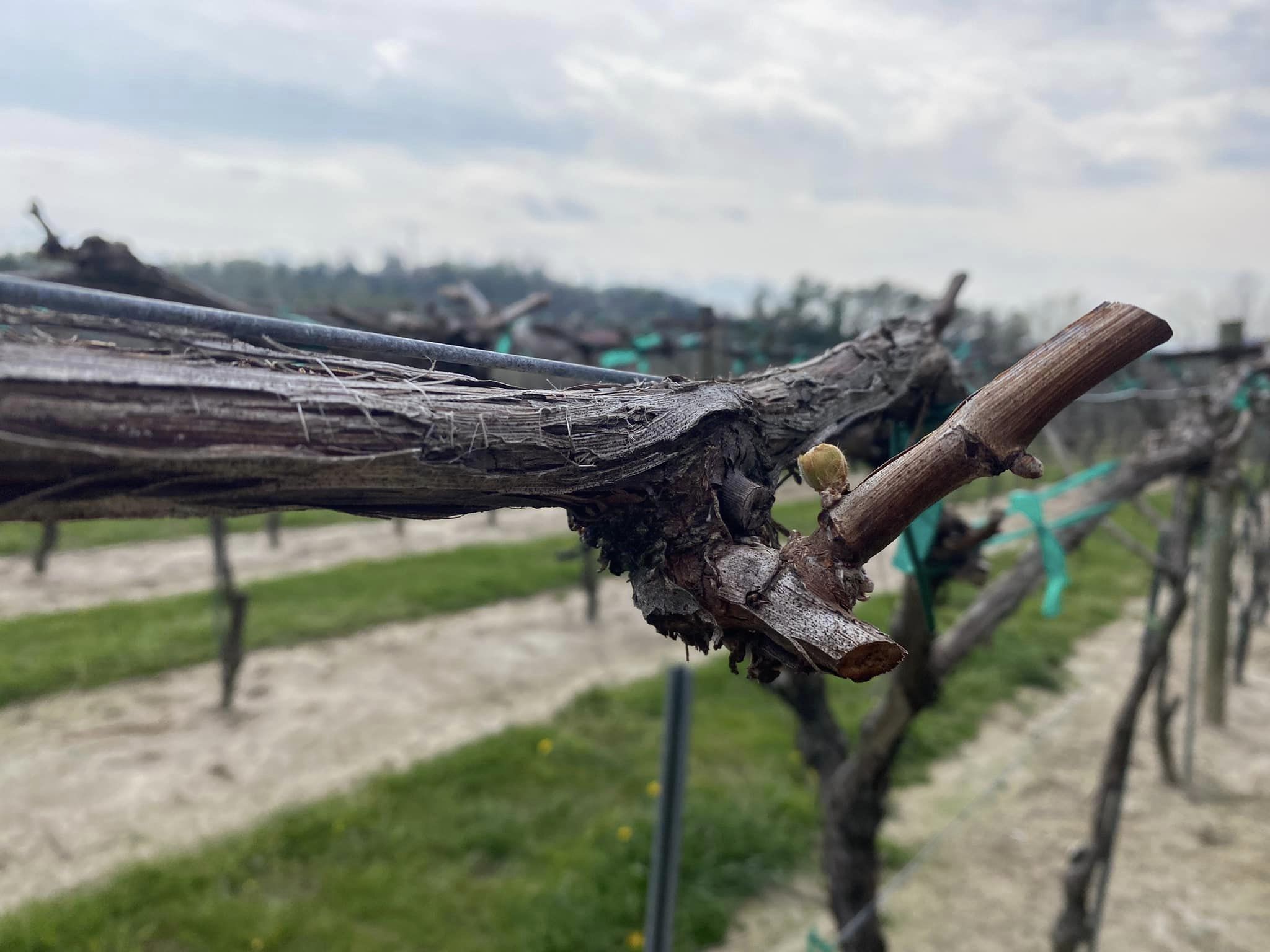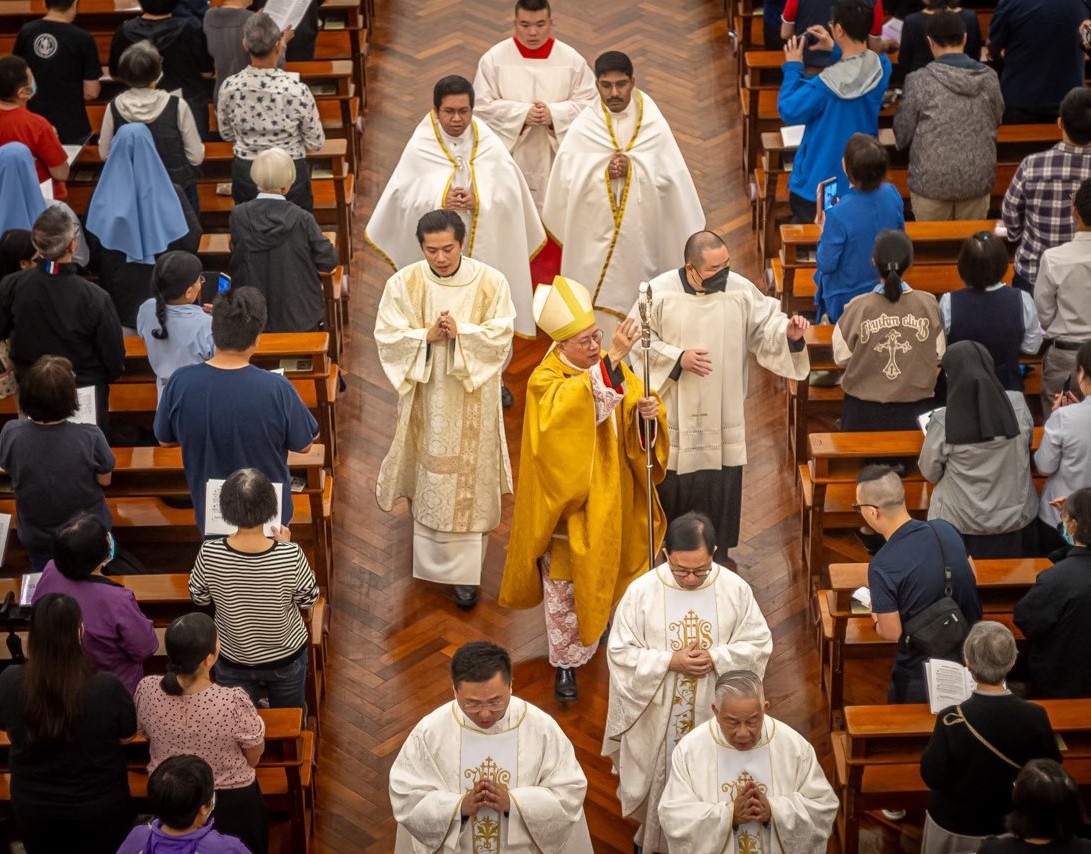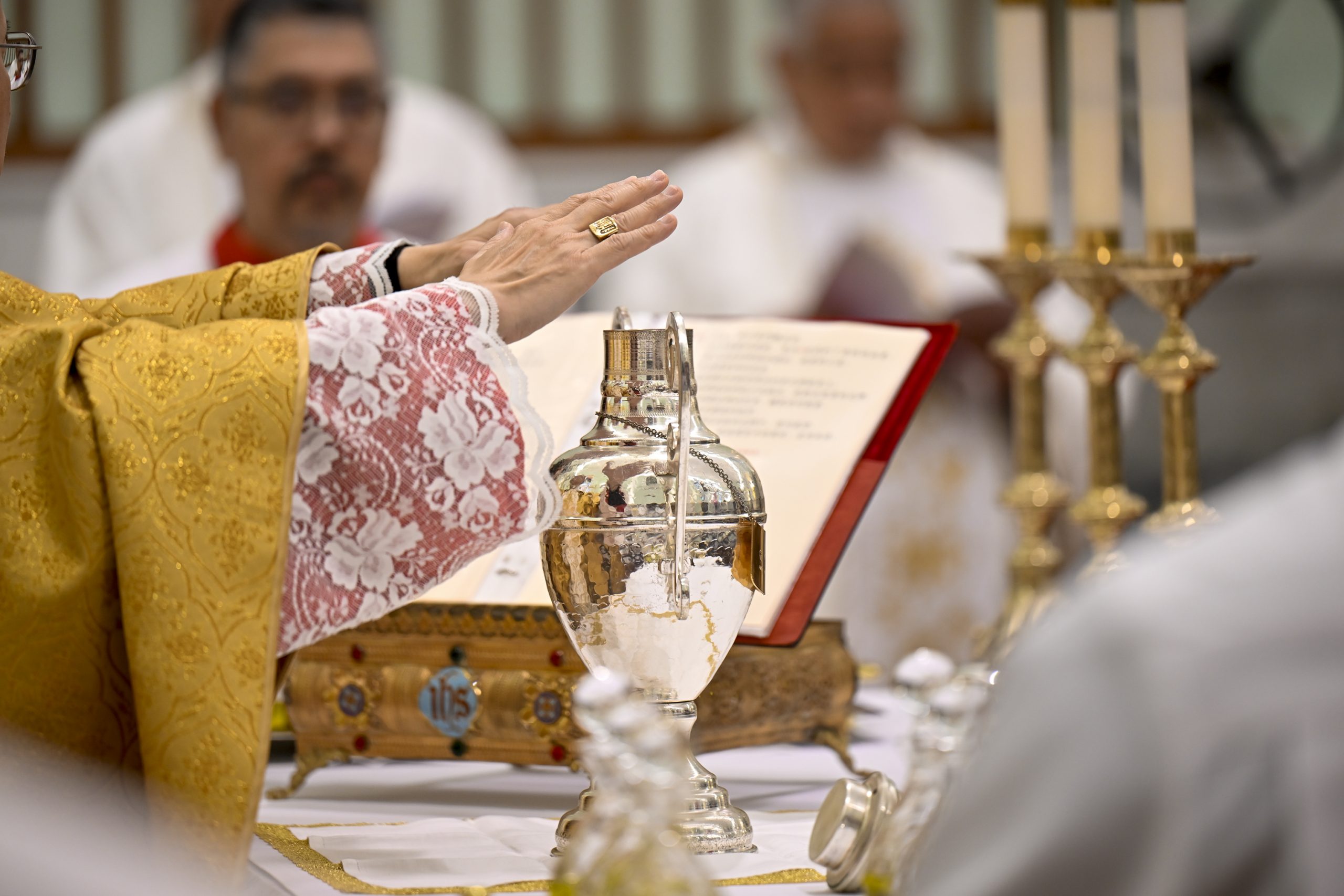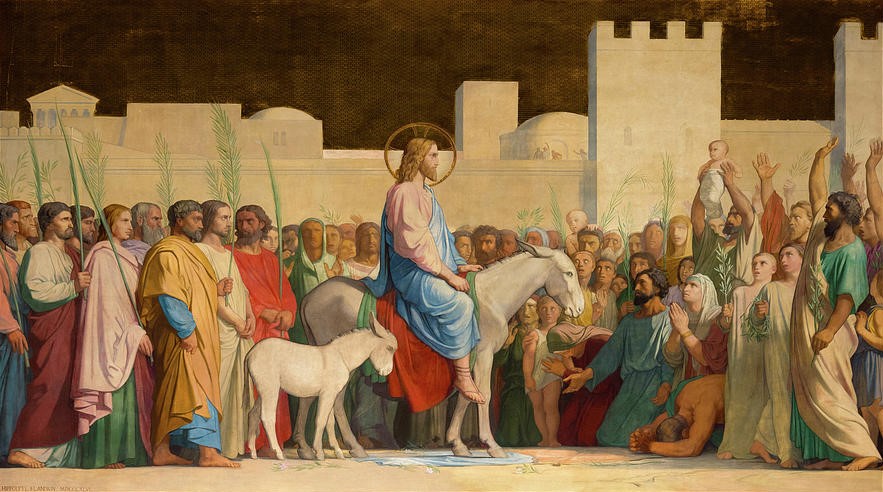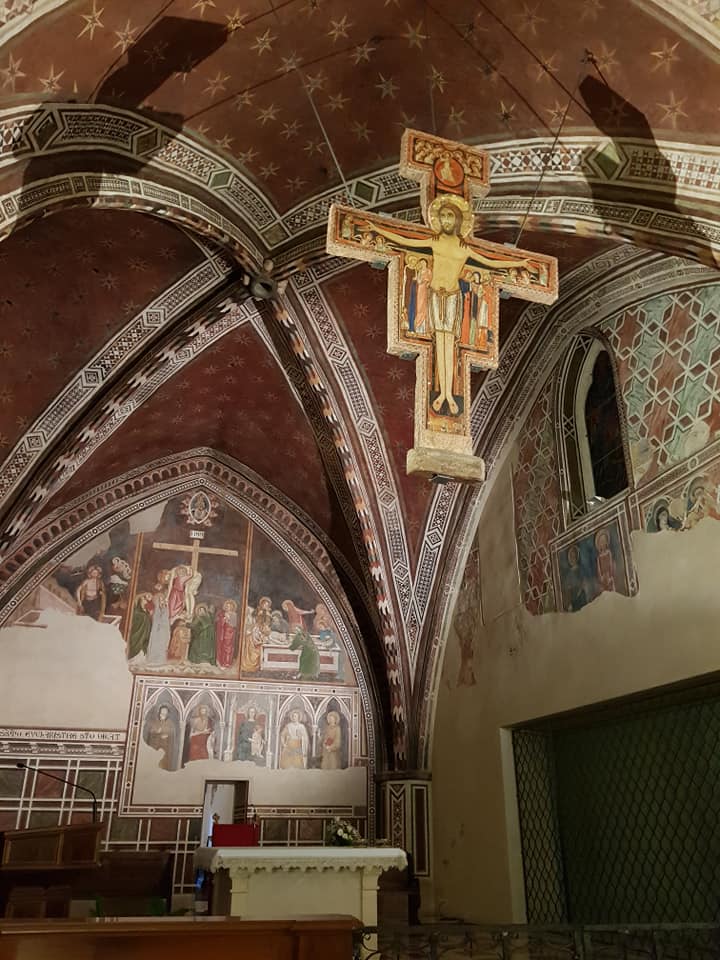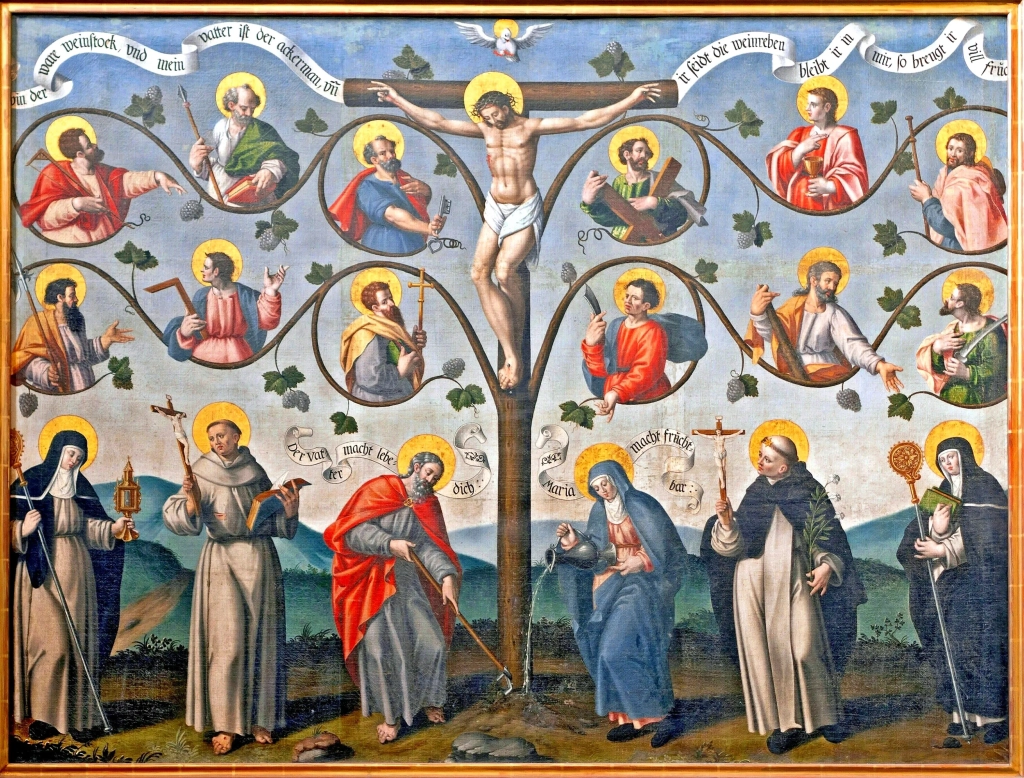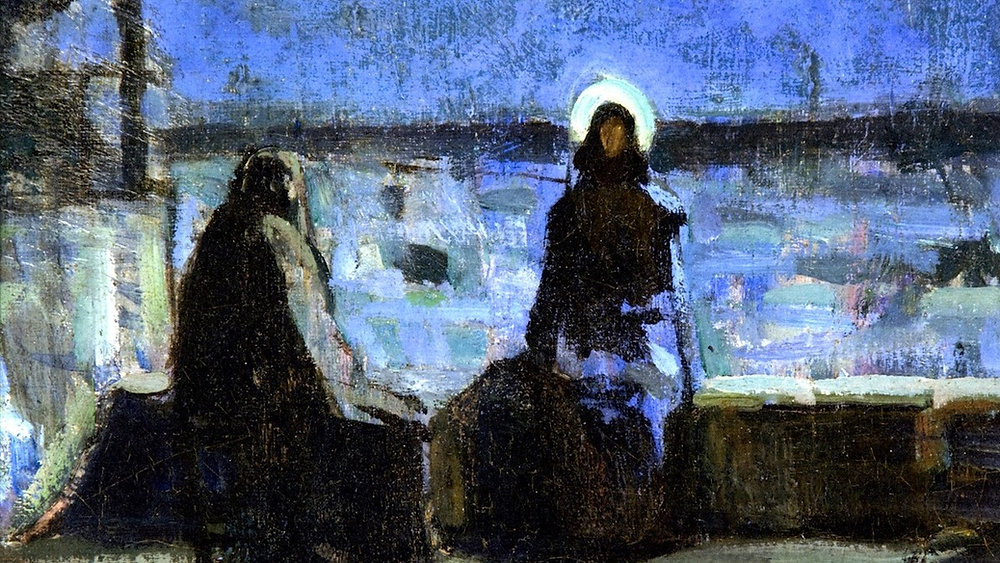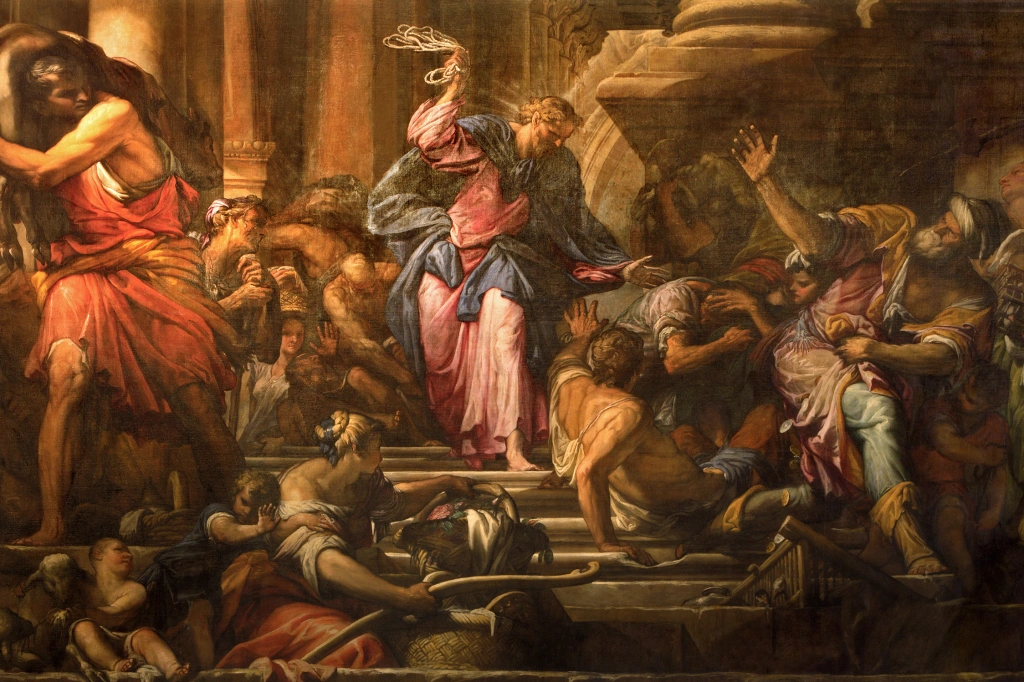On May 1, the parish of St. Joseph the Worker in Macau celebrated its 25th anniversary with reflections on the significance of Christ’s Ascension. The parish, founded in a once-unsafe area, has grown into a vibrant community, embodying the Church’s mission to be a sign of unity and communion with God.


